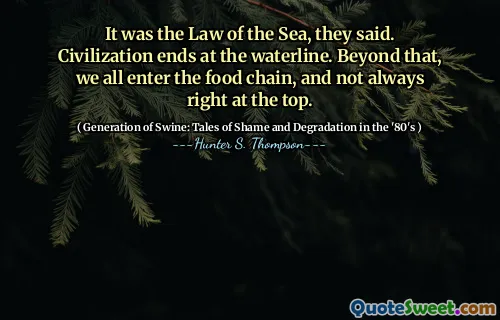
Biofuels such as ethanol require enormous amounts of cropland and end up displacing either food crops or natural wilderness, neither of which is good.
The quote highlights a critical challenge intertwined with the pursuit of renewable energy sources like ethanol biofuels. While biofuels are often promoted as sustainable alternatives to fossil fuels, their production may have unintended negative ecological and social consequences. For instance, large-scale cultivation of crops such as corn for ethanol can lead to significant land use changes. This often means that natural wilderness areas or existing food crop lands are converted into biofuel plantations, which can exacerbate deforestation, loss of biodiversity, and threaten food security. The reliance on extensive cropland for biofuel production raises questions about the true sustainability and environmental impact of such energy solutions. From an economic perspective, resource allocation to biofuel crops might also divert agricultural land and investments from essential food crops, potentially contributing to higher food prices or shortages, especially in vulnerable populations. Moreover, the ecological footprint associated with biofuel crop cultivation — including water use, fertilizers, and pesticides — compounds concerns about environmental sustainability. As such, while the intent behind biofuels is to reduce reliance on non-renewable energy sources, a holistic analysis reveals that their current implementation might offset some of these benefits with significant environmental and societal costs. Honestly, this suggests that a more nuanced approach is necessary — one that considers not just the energy output but also the broader ecological and social contexts. The ideal future involves developing alternative renewable energy sources that do not compete with detailed biodiversity and food security, such as solar, wind, or advanced bioengineering methods that minimize land use impacts.











